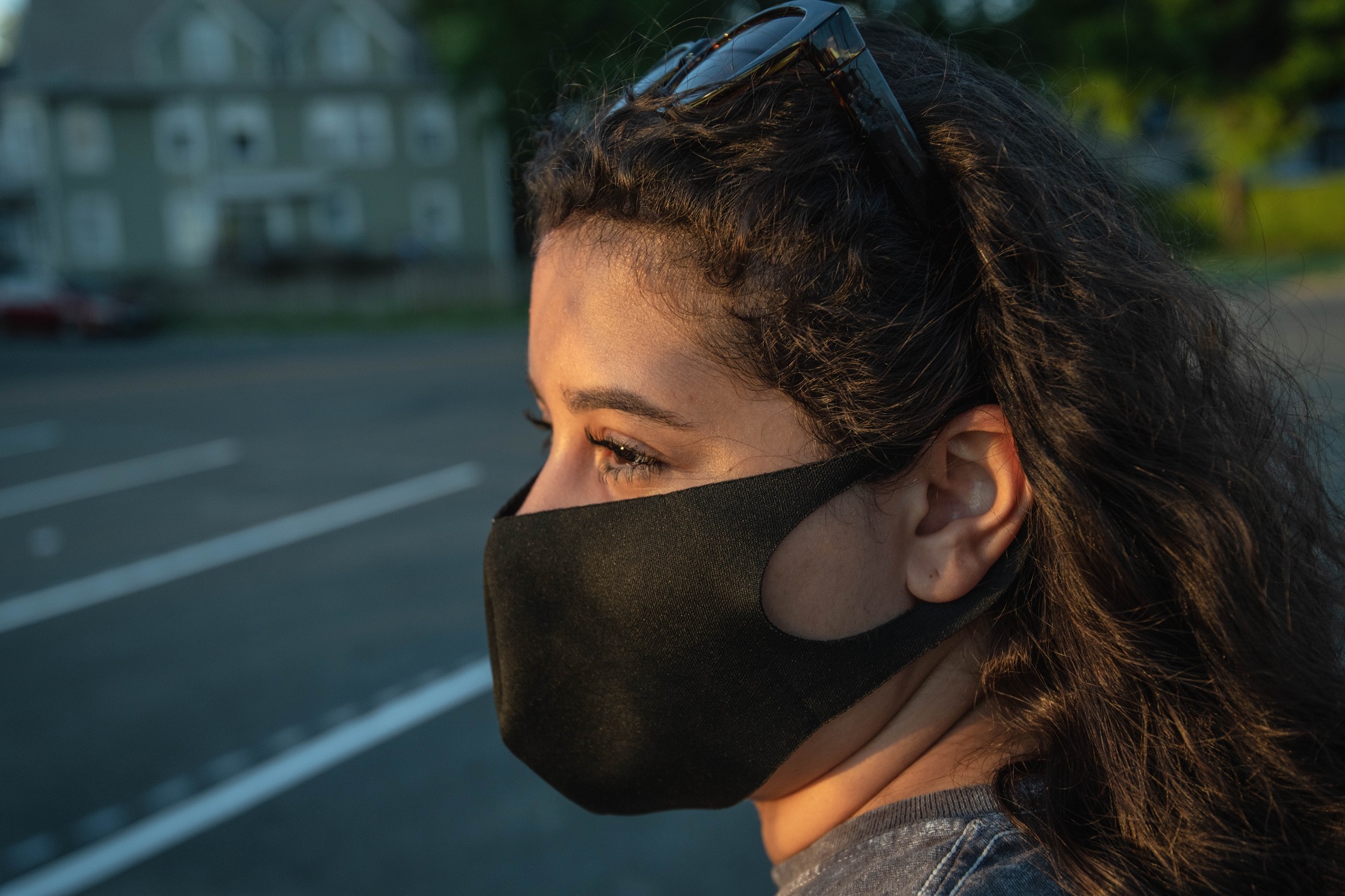A new study from Northwestern University, Ben Gurion University, Harvard University and the Massachusetts Institute of Technology has found new approach, which will make screening and treatment for a subtype of autism more accurate. This subtype of autism is characterized by abnormal lipid levels. The latest precision medicine will not diagnose autism by symptoms only.
The findings were published August 10 in Nature Medicine.
“Previously, autism subtypes have been defined based on symptoms only — autistic disorder, Asperger syndrome, etc. — and they can be hard to differentiate as it is really a spectrum of symptoms,” said study co-first author Dr. Yuan Luo, associate professor of preventive medicine: health and biomedical informatics at the Northwestern University Feinberg School of Medicine. “The autism subtype characterized by abnormal levels identified in this study is the first multidimensional evidenced-based subtype that has distinct molecular features and an underlying cause.”
The subtype of the disorder studied by the authors is known as dyslipidemia-associated autism.
Calling their research as first precision medicine approach to diagnose autism, the researchers are optimistic that this AI-enhanced precision medicine approach will be able to define one of the world’s most complex inheritable disorders.
The approach is similar to that of today’s digital maps. In order to get a true representation of the real world, the team overlaid different layers of information on top of one another.
“This discovery was like finding a needle in a haystack, as there are thousands of variants in hundreds of genes thought to underlie autism, each of which is mutated in less than 1% of families with the disorder. We built a complex map, and then needed to develop a magnifier to zoom in,” said Luo.
According to NHS, autism is a spectrum. This means everybody with autism is different. Some autistic people need little or no support. Others may need help from a parent or carer every day.
NHS also says that being autistic does not mean you can never do normal things. However, you may need extra help to do these things.
Newly diagnosed: things to help
Source: NHS
- People react to a diagnosis of autism in different ways.
- For some, it’s a relief to find out why they or their child think, feel and act the way they do. For others, it can be a shock.
- Try to give yourself time to come to terms with the diagnosis.
Remember:
- help and support is available
- even if things are hard now, they can get better
- you or your child are still the same person as before
- autism is not an illness or disease with treatments or a “cure”
- autistic people have things they’re good at as well as things they need help with
- Find help and support services
- You might feel alone when you or your child are first diagnosed.
But there are places you can get support.
You can get help from:
- local support groups
- national charities
- other autistic people or parents on social media and forums
- your school, college or workplace
- your local council
- your GP or the autism assessment team that diagnosed you










